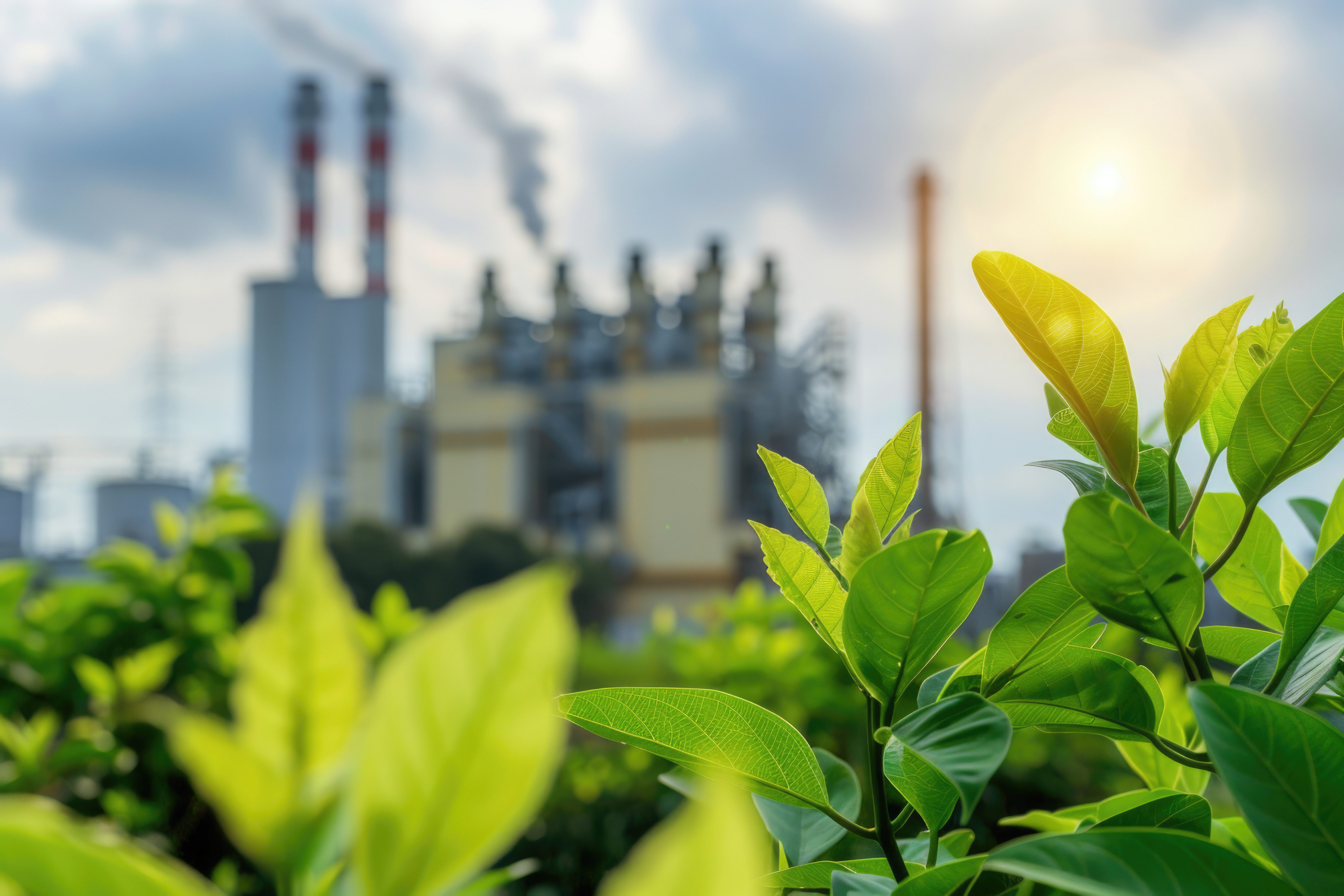Sparing, or Continuous and In-Network Wastewater Quality Monitoring Systems, is a system used for continuous and real-time monitoring of wastewater quality generated by various industries. Several industries are obligated to use Sparing, namely the Rayon Industry, Pulp and Paper Industry, Upstream Petrochemicals, Basic Oleochemicals, Palm Oil, Petroleum Processing, Oil and Gas Exploration and Production, Gold and Copper Mining, Coal Mining, Textile Industry with a flow rate greater than or equal to 1,000 (one thousand) m3/day, Nickel Mining, and Industrial Zones.
Types of Sparing Sensors
The main purpose of Sparing is to monitor wastewater quality parameters such as pH, pollutant concentration, temperature, and other parameters continuously to ensure that the discharged wastewater complies with the limits set by regulations to prevent environmental pollution. In its operation, Sparing uses sensors to measure levels of several parameters specified in regulations. These sensors include:
- pH Sensor: This sensor is used to measure the acidity or alkalinity levels in wastewater. pH information is crucial to ensure that wastewater is within a safe pH range and complies with regulations.
- DO (Dissolved Oxygen) Sensor: The DO sensor is used to measure the amount of oxygen dissolved in wastewater. Adequate oxygen levels in wastewater are essential to support the life of organisms in the wastewater treatment process.
- BOD (Biochemical Oxygen Demand) Sensor: The BOD sensor is used to measure biochemical levels in wastewater, indicating biodegradability and the level of organic pollution in wastewater.
- COD (Chemical Oxygen Demand) Sensor: The COD sensor is used to measure chemical levels in wastewater, indicating chemical pollution in wastewater.
- Temperature Sensor: The temperature sensor is used to measure the temperature of wastewater, which can affect chemical and biological reactions in wastewater treatment.
- Conductivity Sensor: This sensor is used to measure the conductivity of wastewater, providing information about ion and salt levels in wastewater.
- NH3-N (Ammonia Nitrogen) Sensor: This sensor is used to measure the ammonia nitrogen content in wastewater, indicating nitrogen pollution in the form of ammonia.
- NO3-N (Nitrate Nitrogen) Sensor: This sensor is used to measure the nitrate nitrogen content in wastewater, also indicating nitrogen pollution.
- TOC (Total Organic Carbon) Sensor: The TOC sensor is used to measure the total amount of organic carbon in wastewater, which is a crucial indicator for monitoring organic pollution.
- Suspended Solids Sensor: This sensor is used to measure the amount of suspended solid particles in wastewater, indicating solid pollution.
- Flow Sensor: The flow sensor is used to measure the flow rate of wastewater in channels, essential for calculating the volume of produced wastewater.
These sensors work to provide continuous, consistent, and in-network monitoring of wastewater quality, enabling more effective control and improvement in wastewater treatment.
Why Does the Nickel Mining Industry Need Sparing?
One of the industries obligated to use Sparing, the Mining Industry, has several crucial reasons for mining companies to maintain compliance, reduce environmental impact, and manage their operations more sustainably, making it mandatory for this industry to use Sparing in their operations.
- Wastewater Pollution: The processes of mining and processing coal can generate wastewater containing various pollutants such as heavy metals, organic compounds, and sediment particles. Continuous monitoring is necessary to ensure that the generated wastewater meets the water quality standards set by environmental regulations.
- Regulatory Compliance: Mining companies must comply with strict environmental regulations and standards. Sparing helps companies monitor and record wastewater quality data continuously, allowing them to quickly identify and address any potential violations.
- Reducing Environmental Impact: Mining and the processing of its waste can have a significant negative impact on water ecosystems and the surrounding community. With Sparing, companies can more effectively control and reduce the environmental impact caused by non-compliant wastewater.
- Process Optimization: Data collected by Sparing can be used to optimize waste treatment processes. With a better understanding of the quality of the wastewater produced, companies can make improvements in their operational processes to reduce waste or create more efficient treatment solutions.
- Risk Management: With continuous monitoring, companies can quickly identify changes in wastewater quality. This aids in risk management related to potential waste spills or environmental violations that could have serious legal and financial consequences.
- Reputation and Community Relations: Mining companies often face pressure from the public and stakeholders to be environmentally responsible. Using Sparing and maintaining wastewater quality within permitted limits can help companies maintain a good reputation and build positive relationships with the local community.
In its operation, Sparing is a crucial tool in environmental management, helping companies and regulatory bodies ensure that industrial waste does not excessively pollute the environment. With accurate and real-time monitoring, corrective actions can be taken more quickly in case of changes in wastewater quality that could endanger water ecosystems, the environment, and the surrounding community.
For more information about consulting services and the Coal Mining sector, you can read our article here. If you and your company need further information regarding our services, please contact and consult with us here.






